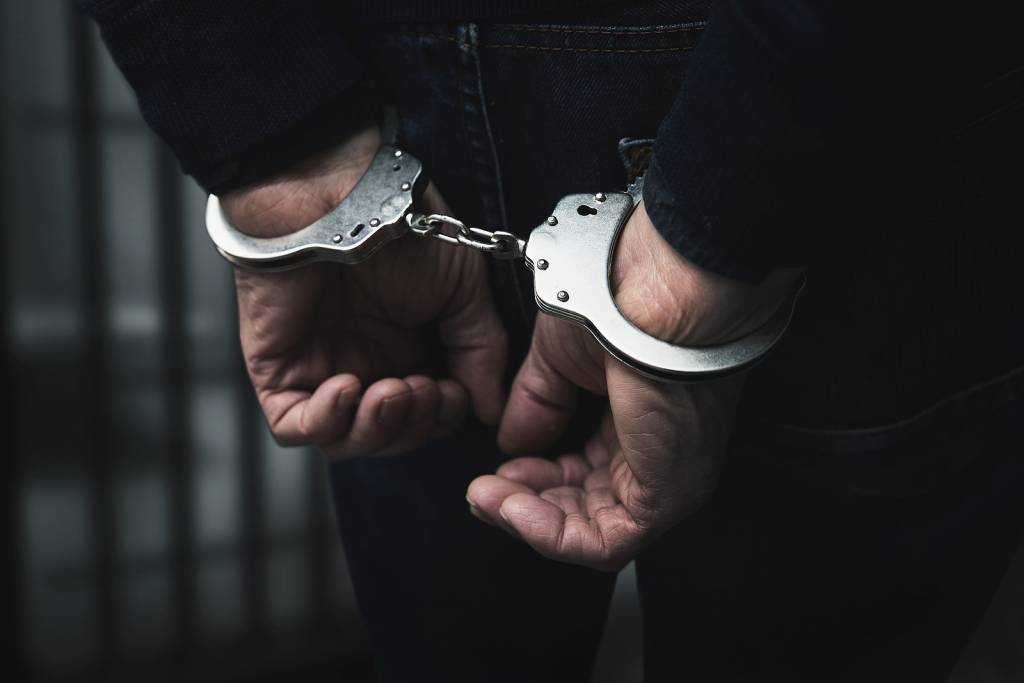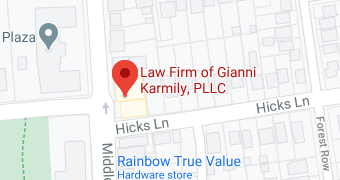On Long Island or in New York City, if you are charged with first-degree or second-degree harassment or with first-degree or second-degree aggravated harassment, you will need the advice and services of a Nassau County criminal defense attorney, and you should contact that attorney at once.
What is the legal definition of criminal harassment in the State of New York? Are there different criminal charges for different kinds of harassment? What penalties may be imposed on someone who has been convicted of harassment?
If you’ll keep reading, those questions will be answered in this brief introduction to New York’s harassment laws, and you will also learn what steps a Long Island harassment attorney will take to protect your rights and to defend you against a harassment charge.
How is Harassment Defined by New York Law?
Criminal harassment should not be confused with how the term “harassment” is used in civil law contexts such as workplace discrimination lawsuits. In civil harassment cases, a victim may sue the harasser, allege that the harassment constitutes discrimination, and seek to recover damages.
But if you are accused of violating someone’s right to privacy or someone’s right to safety, you may face a criminal harassment charge. Depending on the details of the case, prosecutors in New York may bring one of four criminal charges, listed below from least serious to most serious:
Harassment in the second degree is a “violation” in New York rather than a misdemeanor or felony. It happens when someone with the intent to harass, annoy, or alarm a victim follows or attempts to make physical contact with that victim.
Harassment in the first degree is a Class B misdemeanor, which happens when someone repeatedly and intentionally harasses a victim by following that victim in public or by repeatedly causing a victim to fear for his or her physical safety.
Aggravated Harassment NY
Aggravated harassment in the second degree happens when someone harasses a victim because of the victim’s race, gender, age, ancestry, disability, or sexual orientation, or when someone threatens or makes threatening, annoying, or alarming physical contact with a victim.
Aggravated harassment in the second degree is a Class A misdemeanor. Aggravated harassment in the first degree is a Class E felony that may include damaging property used for religious purposes or vandalizing property with swastikas, crosses set on fire, or other symbols of racism.
What is the Penalty for Harassment in NY?
These are the penalties that may be imposed for harassment convictions in New York:
- The maximum penalty for harassment in the second degree is fifteen days in jail.
- For first-degree harassment, you could face a year of probation or up to ninety days in jail.
- Aggravated harassment in the second degree may be penalized 364 days in jail or a three-year probation term.
- Aggravated harassment in the first degree may be penalized with up to four years in prison and a $5,000 fine.
What Constitutes Harassment in NY?
The courts in New York have made it clear that criminal harassment is more than simply being rude to someone. The state’s lawmakers and judges have tried to make the definition of harassment more precise. For example, the use of profanity alone does not constitute harassment.
Furthermore, New York’s courts have determined that considerations regarding the gender, age, and race of the person receiving a communication are relevant in determining if the communication was simply rude or if it constituted criminal harassment.
A person could be charged with criminal harassment in connection with a domestic violence incident, a crime of physical violence such as assault, or a crime perpetrated solely online or over the telephone.
For example, if one party communicates with another person over the internet or phone, makes threats, and continues to contact the person after being told to stop, this conduct could constitute criminal harassment or even aggravated harassment.
How Can a Criminal Defense Lawyer Help With Harassment Charges on Long Island?
If you are charged with harassment on Long Island or in New York City, in order to defend you effectively, your Nassau County criminal defense attorney will want to know and will determine the answers to the following questions:
- Is there any audio or video of the alleged harassment incident that will vindicate you?
- Are there any witnesses who can testify regarding what transpired?
- Are there any telephone or internet records or evidence that can be used in your defense?
People sometimes make false claims about harassment. The motives for such claims may include revenge or attempting to get the upper hand in a domestic violence or divorce case. In many of these cases, the right attorney will be able to get quickly to the truth about what really happened.
If you are placed under arrest and charged with harassment, contact a Long Island defense attorney at your first opportunity. Exercise your right to remain silent, and politely explain to the police that you are not answering any questions until and unless your attorney is present.
It is imperative to let your defense attorney do the talking and negotiating on your behalf. A good defense attorney will effectively protect your rights, clearly explain your legal options, fight aggressively on your behalf, and bring your harassment case to its best possible conclusion.
Can a Harassment Conviction Be Expunged in New York?
In some states, expungement completely erases a conviction record as if it never existed, but New York does not allow for the expungement of adult criminal conviction records. That means a conviction for harassment could remain permanently on your criminal record.
If you are a professional in this state, a criminal conviction may trigger disciplinary action by your professional licensing board, and your license could be suspended or even revoked. If you are not a U.S. citizen, you could face a deportation proceeding after a conviction for harassment.
How a Nassau County Harassment Defense Lawyer Can Help
If you are charged with harassment on Long Island or in New York City, do not take the risk of losing your freedom or harming your family. You must have a New York criminal defense attorney who will protect your rights and advocate on your behalf.
In fact, if you are placed under arrest and charged with any crime, exercise your legal rights and contact a Long Island defense lawyer as quickly as possible.













